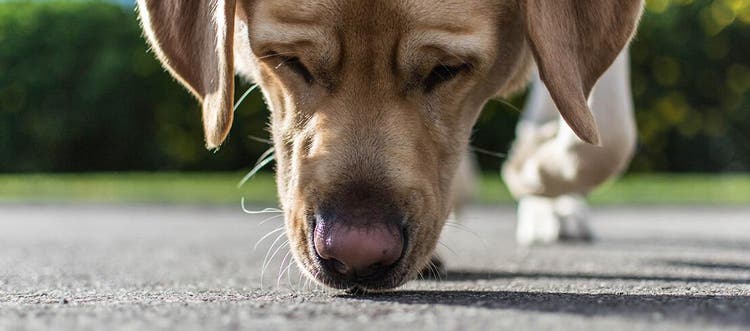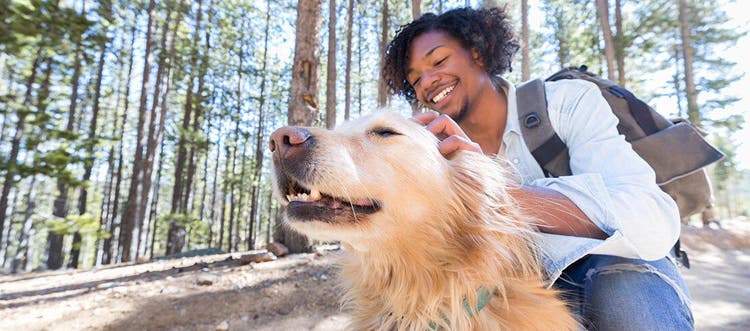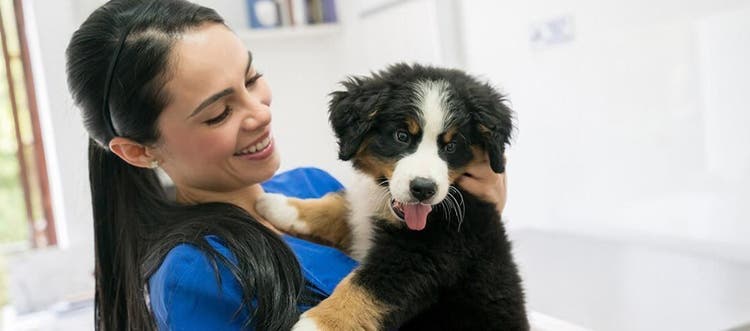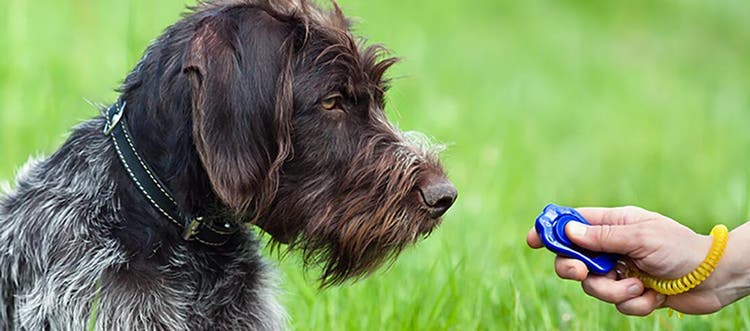Reviewed by Dr Abbie Lam DVM
Thousands of dogs and puppies in dog rescue centres are awaiting a second chance in a new, loving home. Learn how to find a rescue centre and navigate the dog adoption process.
If you’re considering adopting a dog, there’s almost certainly a perfect match ready and waiting in one of the many rescue centres in your local area. Unless you have specific criteria – a rare pedigree, perhaps – adopting a dog is one of the best solutions to finding a new pet.
Rehoming centres are skilled at finding the right dog for you, and they take wonderful care of all the animals they are trying to rehome. They check each animal’s health, administer necessary vaccinations and parasite prevention, desex them, and through experienced short-stay homes test an animals’ temperament and suitability to help increase the chance of finding the right new owner for each dog.
How to find a rescue centre
You can find the nearest rescue organisations by searching for your location and ‘dog adoption’ online. There are also breed-specific websites if you would like to offer a home to a retired working dog or to a youngster that didn’t cut muster. Whichever you choose, it’s important to go to a trusted and certified agent.
Most rescue centres have online catalogues where you can view rescue dogs before coming in to meet them. These websites will allow you to you enter your criteria (size, age, breed, child-friendliness) to scan through potential matches. They may ask you to tell them about you and your family’s situation too. There may be one or more dogs online that you fall in love with at first sight, but it takes an in-person meeting to make sure you and the rescue dog are a great match.
The dog adoption process
A rescue centre’s priority is to match you and your family with the right pet.
Once you’ve identified your new best friend, you’ll have to complete several steps before you can bring home your new dog. Rescue centres want to be sure the dog is going be placed with a safe, caring owner who will be able to look after them for the remainder of their life.
Meet the rescue centre’s requirements
Different agencies will have different standards and requirements, but you should expect to have to register and fill out an application form providing proof of address.
Following this, the centre may conduct a home visit to assess the suitability of you and your house. Depending on the dog you’re considering adopting, you may be required to have a fenced-in yard, one-floor access to the entire house or secure and screened-in windows.
Get introduced
After this, you’ll be introduced to the dog. If you and your potential pet are deemed a good match, you’ll be able to bring them home. Make sure to ask about the dog’s history, if known, and any personality traits or quirks the centre staff may have noticed.
You’ll need to pay a fee to cover the centre’s costs for care, medical support, desexing, insurance and microchipping; however, this fee will be much lower than what you would pay to buy a new dog or puppy directly from a breeder.
Seek support if needed
Rescue centres often provide aftercare as well, because not all animals will be house-trained. You and your new dog may experience settling-in issues as well. Expect some tricky moments – accidents on the floor, chewing or scratching on furniture or other minor behavioural issues. After all, you’re introducing a new member to the household and, like any relationship, adjustment can take time – especially if your dog has previously experienced a hard life.
It may take a month or so for your dog to calm down and settle into their new home. In the meantime, offer positive training, socialisation and encouragement to help build your new dog’s confidence.






